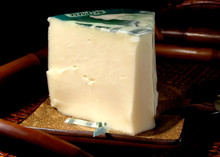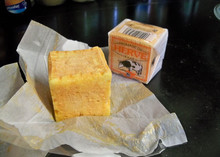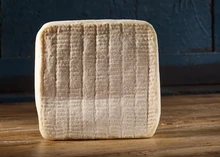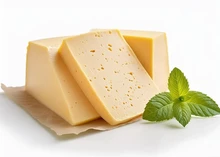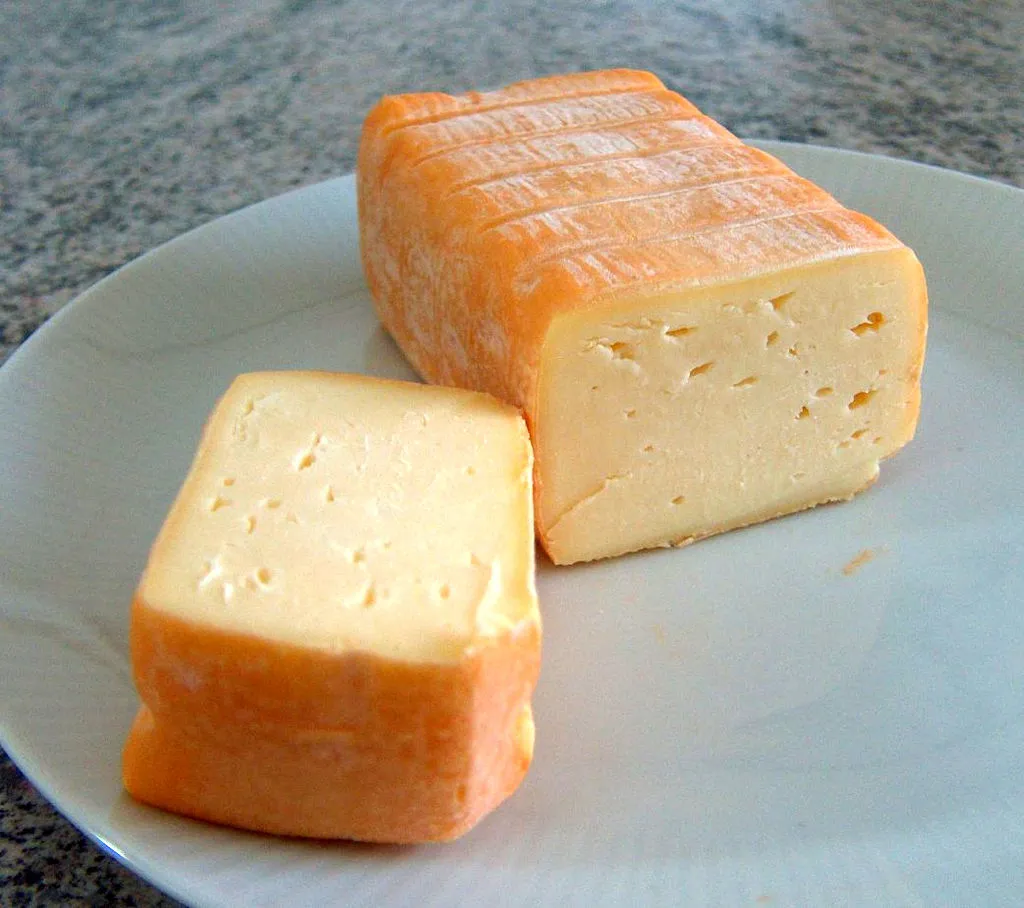
Substitutes for Limburger kass
When it comes to cheese, there are countless varieties available, each with its own unique flavor and texture.
Limburger is one such cheese that has a distinct aroma and taste. However, if you find yourself in a situation where you cannot access or simply do not enjoy Limburger cheese, there are several substitutes that you can consider. In this article, we will explore some alternatives to Limburger cheese and discuss their similarities and differences.
Is Limburger Cheese Similar to Taleggio Cheese?
Taleggio – originating from Italy – is often compared to Limburger cheese due to its intense aroma and semi-soft texture. While both cheeses share some similarities, there are notable differences that set them apart.
Taleggio has a much milder taste than Limburger, making it a more approachable option for those who are not fond of strong flavors. Additionally, Taleggio cheese has a slightly fruity undertone that distinguishes it from Limburger cheese.
Limburger’s contrasting, robust flavor profile, then, definitely sets it apart. It is known for its intense aroma, often described as being similar to body odor or feet, due to the specific bacteria strains used in its production. This unique characteristic alone makes Taleggio too dissimilar for an effective substitution.
Limburger is aged in humid caves, which contributes to its distinctive flavor and texture. The rind of Limburger cheese is thin and reddish-orange, while Taleggio cheese typically has a pinkish-yellow rind.
Still, both Taleggio and Limburger are versatile in the kitchen, offering a creamy texture that pairs well with a variety of foods. Whether enjoyed on their own or incorporated into a wide range of dishes, from sandwiches to salads to pasta recipes, these cheeses provide a canvas for culinary creativity.
Is Limburger Cheese Similar to Herve Cheese?
Herve is a variety of cheese that, like Limburger cheese, is known for its potent smell and soft texture. Both cheeses are made using similar techniques and share a creamy consistency. However, Herve cheese tends to have a sharper flavor profile compared to Limburger cheese. Herve cheese also has a tangy and slightly acidic taste, differentiating it from Limburger cheese.
Limburger cheese, originally from Belgium, is a soft, surface-ripened cheese that is recognized for its pungent aroma. This cheese is made from cow's milk and undergoes a specific ripening process that gives it its characteristic smell and flavor. Limburger cheese is often aged in humid caves, allowing the bacteria on the rind to break down the cheese and create its unique taste.
On the other hand, Herve cheese hails from the Herve region in Belgium and is typically made from cow's milk as well. The cheese is aged for a few weeks to develop its intense flavor profile, which can range from tangy to slightly spicy. Herve cheese is a favorite among cheese connoisseurs for its bold taste and creamy texture, making it a versatile ingredient in various dishes.
Is Limburger Cheese Similar to Fontina Cheese?
When comparing Limburger to Fontina cheese, there are noticeable differences between the two.
Fontina originates from Italy and possesses a creamy texture similar to Limburger cheese. However, Fontina cheese is much milder in flavor, with a nutty and buttery taste. Unlike Limburger cheese, Fontina cheese does not have a strong aroma associated with it.
Limburger, on the other hand, has a reputation for its pungent smell, often described as being similar to sweaty feet or old socks. This distinctive aroma comes from the bacteria used in the fermentation process, specifically Brevibacterium linens. Despite its overwhelming smell, Limburger cheese has a rich and tangy flavor that many cheese connoisseurs adore.
Another critical difference between Limburger and Fontina is their aging process. While Fontina cheese is typically aged for around 90 days, Limburger cheese requires a longer aging period of several months to develop its unique taste and texture. This extended aging process contributes to the soft and creamy consistency of Limburger cheese, making it spreadable and perfect for pairing with dark bread and bold flavors.
Is Limburger Cheese Similar to Brie Cheese?
While both Limburger and Brie are renowned for their soft texture, they differ in taste and aroma.
Brie has a mild and buttery flavor, which contrasts with the solid and pungent taste of Limburger cheese. Additionally, Brie cheese does not have the same distinctive smell that Limburger cheese is known for.
Is Limburger Cheese Similar to Havarti Cheese?
Havarti, originating from Denmark, is often compared to Limburger due to its similarly creamy texture.
However, Havarti has a milder taste compared to Limburger, making it a good alternative for those who prefer a less intense flavor. Additionally, Havarti cheese has a slightly sweet and nutty undertone that differentiates it from Limburger cheese.
Is Limburger Cheese Similar to Gruyere Cheese?
When comparing Limburger to Gruyere, it quickly becomes apparent that there are notable differences between the two.
Gruyere has a firm and slightly grainy texture, unlike the soft and creamy consistency of Limburger cheese. In terms of taste, Gruyere has a nutty and savory flavor, while Limburger has a much more robust and almost spicy flavor. As a consequence, Gruyere may not be the best substitute for Limburger cheese if you are seeking a similar flavor profile.
Is Limburger Cheese Similar to Robiola Cheese?
Robiola is an Italian cheese made from a blend of cow, goat, and sheep milk and often finds itself compared to Limburger.
Both cheeses share a soft texture and a creamy consistency. However, Robiola cheese has a milder taste compared to Limburger cheese, with a slightly tangy and mushroom-like flavor. If you enjoy the softness of Limburger cheese but prefer a less intense taste, Robiola cheese might be a suitable alternative.
Is Limburger Cheese Similar to Bel Paese Cheese?
Any comparison between Limburger and Bel Paese quickly reveals noticeable differences between the two.
While both cheeses have a creamy texture, Bel Paese is much milder in flavor and has a delicate and slightly sweet taste. This makes it a more subtle alternative to the firm and savory top notes associated with Limburger. If you prefer a cheese with a lighter flavor, Bel Paese can be a suitable substitute.
As we have seen, there are various substitutes for Limburger cheese, each with its own unique characteristics.
Whether you are looking for a milder flavor or a different texture, these alternatives provide an array of options to cater to various preferences. Remember, the best substitute is the one that suits your taste buds and culinary needs.

